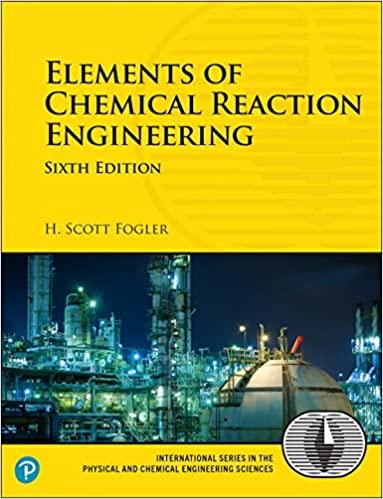Question
If the reaction is endothermic, the sign of H will be negative and the reaction requires added heat negative and the reaction releases heat positive
If the reaction is endothermic, the sign of ΔH will be
negative and the reaction requires added heat
negative and the reaction releases heat
positive and the reaction releases heat
positive and the reaction requires added heat A sample of a metal at 90.00°C was added to 200.0 g H 2O at 21.00°C. The temperature rose to 24.50°C. [Specific heat of H 2O is 4.184 J/(g °C). Specific heat of the metal is 0.949 J/(g°C). How many grams of metal was it?
8.05g
12.9g
47.1 g
76.1g
23.2g
50.0g
17.3g
30.8g
QUESTION 14
When 2.45 g of CH3OCH3 is burned at constant pressure, 77.42 kJ of heat is given off. What is ∆H for this reaction?
CH3OCH3 (l) + 3O2 (g) --> 2CO3 (s) + 3H2O (g) ∆ H rxn = ?-1460 kJ/mole rxn
- 527 kJ/mole rxn
2.61 x 10 4 kJ/mole rxn
-2480 kJ/mole rxn
- 6.16 x 10 2 kJ/mole rxn
465 kJ/mole rxn
-643 kJ/mole rxn
- 37.7 kJ/mole rxn
Step by Step Solution
3.50 Rating (153 Votes )
There are 3 Steps involved in it
Step: 1
1 If the reaction is endothermic the sign of H will be Answer Positive and the reaction requires add...
Get Instant Access to Expert-Tailored Solutions
See step-by-step solutions with expert insights and AI powered tools for academic success
Step: 2

Step: 3

Ace Your Homework with AI
Get the answers you need in no time with our AI-driven, step-by-step assistance
Get Started


